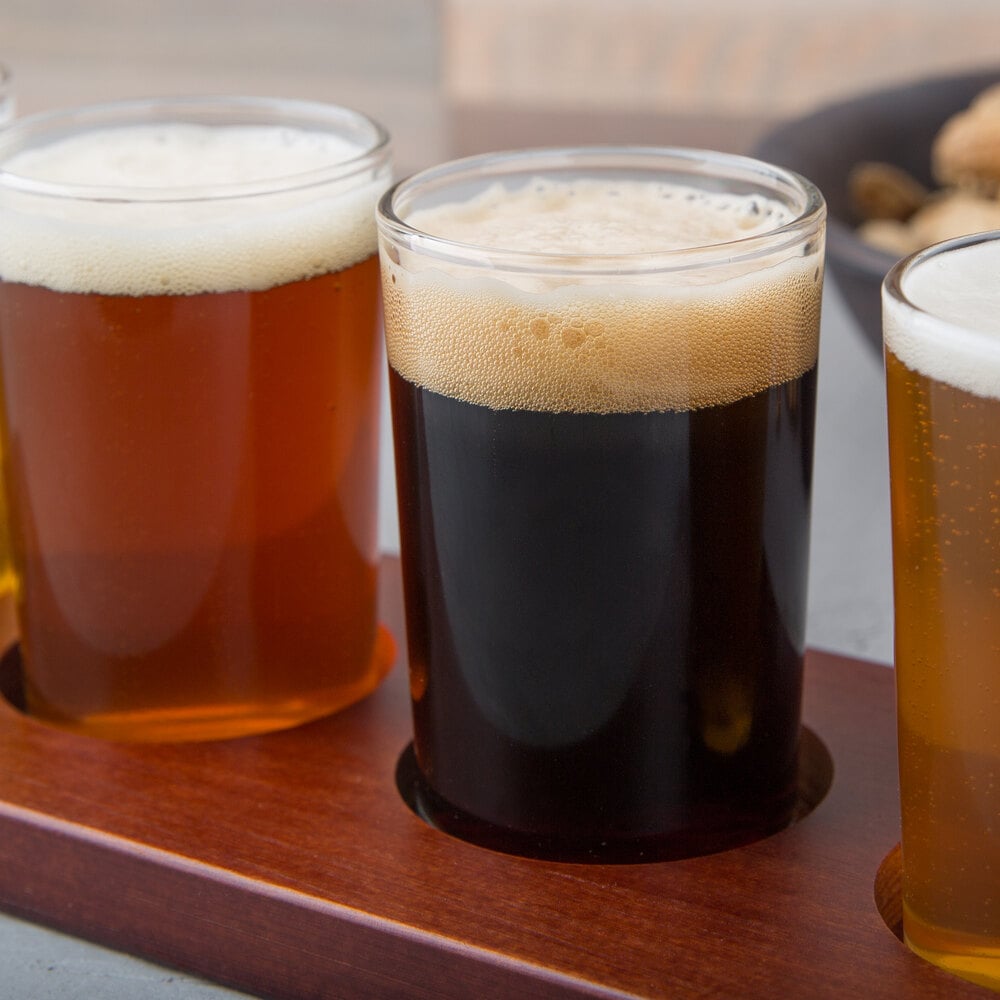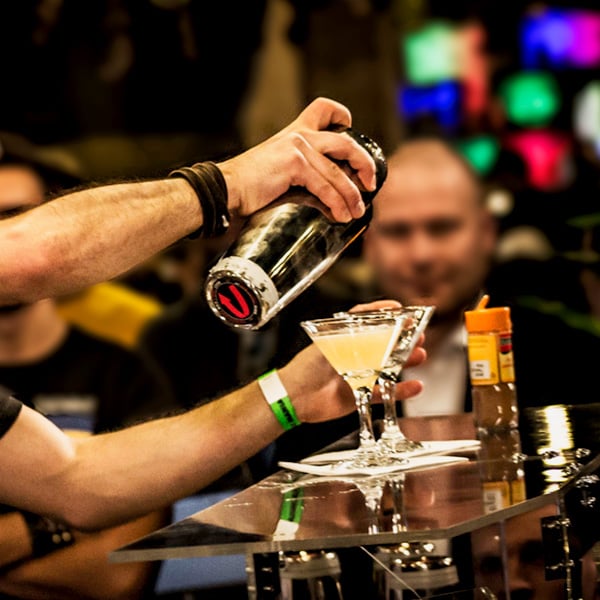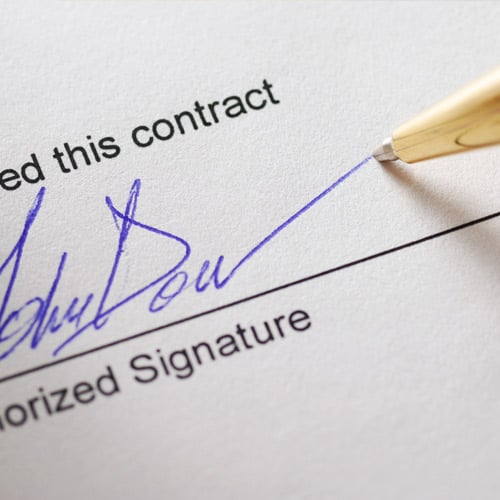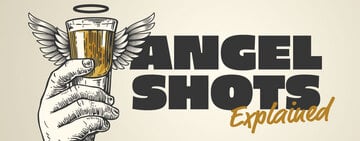
 a Liquor License " />
a Liquor License " />
Selling wine, beer, and alcoholic drinks can boost your profits considerably, but you'll need a liquor license to do it. Unlike some other licenses and permits, a liquor license comes with a unique set of requirements based on the state where you operate. We'll walk you through the ins and outs of liquor licenses to help you determine your eligibility.
Click below to learn how to obtain a liquor license:We've compiled a step-by-step list to guide you through the process of applying for a liquor license. If you're planning on opening your own bar, you'll need to be familiar with these requirements.
Because each state has its own specific rules regarding the distribution, sale, and consumption of alcohol, the first step in filing for a liquor license is determining your state's alcohol laws. There is an Alcoholic Beverage Control (ABC) agency in each state, which is the governing body that determines all rules related to alcohol. Many counties and municipalities set standards and requirements that accompany the general state laws.

A liquor license is a type of permit that allows you to manufacture, distribute, and sell alcohol in your business. It also regulates many aspects of how, when, and where you can sell alcohol. These are a few of the legalities covered by a liquor license:
In a dry county, all sales of alcohol are forbidden by the local municipality, regardless of state laws. There are several states in the US with dry counties, including Kansas, Oklahoma, Texas, Arkansas, Mississippi, Tennessee, and Kentucky. On the other hand, states like North Carolina, Ohio, Michigan, and Pennsylvania have "mixed" counties that moderate the sale of alcohol but not its on-premise consumption. You'll want to ensure your local township or county is zoned for the sale of alcohol before you begin this process.
While some states offer an unlimited number of liquor licenses, others set a specific quota for the number of licenses they'll issue. State laws are always evolving, so make sure to research the alcohol control board of your state. Even better, consider hiring legal counsel that specializes in liquor laws. As of 2023, the following states are considered "quota" states:
In the majority of states with quotas, the specific locality's population determines the number of licenses available. As an area gains more residents, the number of new licenses that can be issued increases. These quota figures vary across states. It's important to check with your state's ABC agency to determine the strictness of the quota because this weighs heavily into the cost and availability of a license. In non-quota states, liquor licenses tend to be more affordable. In quota states, restaurants and bars can pay up to $300,000 for a new license.
There is no one-size-fits-all liquor license, and some states may require more specific licenses than others. To start, you'll want to figure out whether you need an on-license or off-license. If you'll be selling alcohol to be consumed on the premises (bars, nightclubs, and restaurants), you'll need an on-license. Bottle shops, liquor stores, and other retail locations where alcohol is sold but consumed off the premises need an off-license.
Not all states require specific classes of licenses, but some do. The names of licenses vary between states - an alphabetical code is sometimes assigned to identify the type of license. For example, a restaurant license in Pennsylvania is called an (R) license. A liquor license in Florida that allows restaurants to serve all types of alcohol is called a 4COP license. Refer to your state's liquor control board for the most up-to-date list of license types. Here is a general list of the common types of liquor licenses:

Note: A license may also be required for BYOB (bring your own bottle), establishments, although this process varies by state.
Once you've researched the liquor laws and regulations in your area, you're ready to apply for your liquor license. First, you'll need to contact your state's ABC agency to locate the necessary forms. Because the regulations vary by location, you may also want to ask your local agency these questions:
While the information and documentation you'll need before you file your application varies by state and locale, here are the most important documents to keep on hand:

Note: Make sure you've paid any delinquent taxes or outstanding fees before applying for your liquor license. Failure to do so can negatively impact your chances of obtaining a license.
In addition to the documents mentioned above, you may need to provide:
The cost of a liquor license is affected by variables like your state of operation, license class, and quota. In one county, a liquor license could cost you hundreds of thousands. But in another, it could be as little as $125. The best way to determine your total cost for a liquor license is to contact your ABC agency. Keep in mind that in some areas, you might need a liquor license for all four levels of government - federal, state, county, and local, which will incur extra costs.
In control states, state governments control the sale of alcohol to varying degrees. Some control states require that liquor (and sometimes wine) can only be sold at state-run stores, rather than at independently owned and operated businesses. Other control states permit the sale of liquor in privately owned stores but still set minimum prices and determine product selection for distributors and wholesalers.
Liquor privatization puts the control of liquor sales and distribution into the private sector. By preventing privatization and keeping control of liquor sales in the public sector, revenue is increased for state governments.
According to the National Alcohol Beverage Control Association, there are 18 control jurisdictions in the US:
Once you've gathered all necessary materials, you're ready to file your application for a liquor license. In most areas, simply visit your state government's website and fill out the required forms. Typically, you'll also have to pay a non-refundable $50-$100 processing fee. You may even be subject to a background check and/or fingerprinting.

Once you've submitted your application for a liquor license, a notice will be posted at your business that lists your name, the kind of license you're applying for, and what you'll be selling. While this notice is posted, anyone from your local community may contest your application. If this occurs, you may be required to defend your proposal at a public hearing before you are awarded your license. If no objections are presented, your local government will review your application and (hopefully) grant you your liquor license.
Once you've obtained a liquor license for your business, you'll need to maintain it. Most states require you to renew your license every 1-3 years (depending on local laws), which also involves paying a renewal fee. If you're in good standing with your local ABC agency, you may be entitled to a reduced fee.
However, your liquor license can be revoked at any time if you violate the terms established by your state's ABC agency. Common violations include:
The following list includes all 50 states, plus the District of Columbia, and the website for each state's ABC agency:
Unless you're opening a sober bar, you'll need to obtain a liquor license to enter the nightlife industry. Getting a liquor license can be a complex process, but with preparation and knowledge, you can successfully sell alcohol at your business. Offering various alcoholic beverages such as beer, wine, and liquor can significantly boost your establishment's revenue. Whether you own a restaurant, bottle shop, or grocery store, obtaining a liquor license will allow you to reap valuable profits from alcohol sales.
The information provided on this website does not, and is not intended to, constitute legal advice. Please refer to our Content Policy for more details.
The information provided on this website does not, and is not intended to, constitute legal advice. Please refer to our Content Policy for more details.

Bartending School Vs. Experience
For any bar owner, the difference between success and failure often depends on the skill of their bartenders. Having well-trained, professional barten

Easy Ways to Update Your Cocktail Menu
Creating a well-balanced, exciting cocktail menu takes time and the occasional adjustment. Keeping things fresh and exciting for your regulars can kee

What Is an Angel Shot?
When a patron requests an angel shot, they don’t want a drink; they’re letting you know they are uncomfortable around a fellow guest and need help. Ba